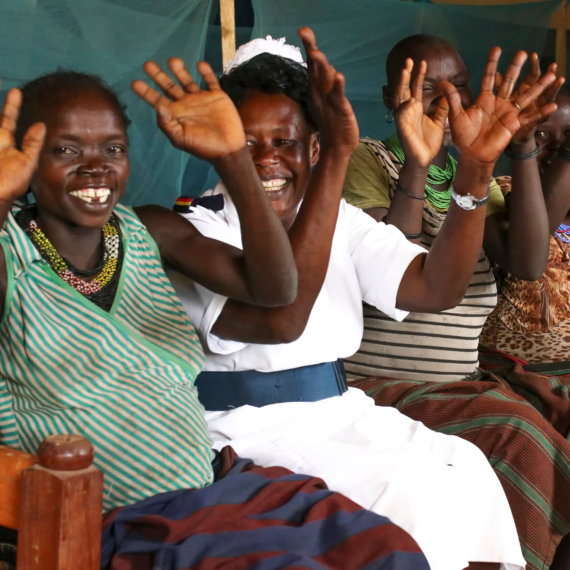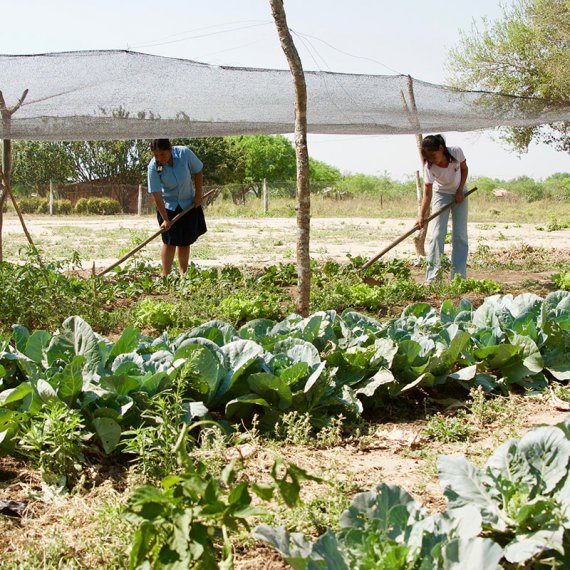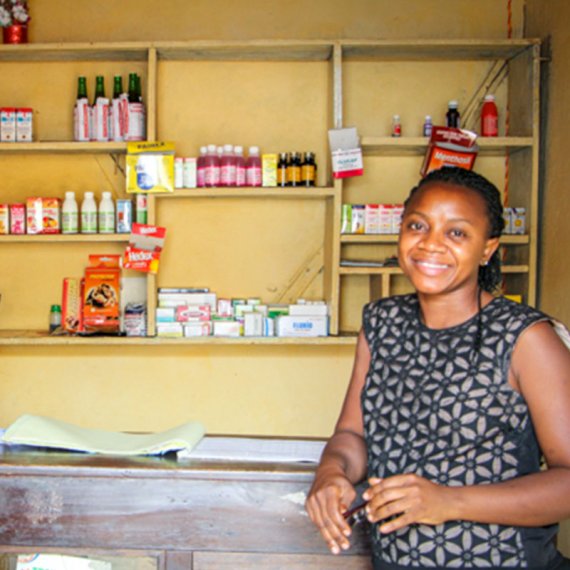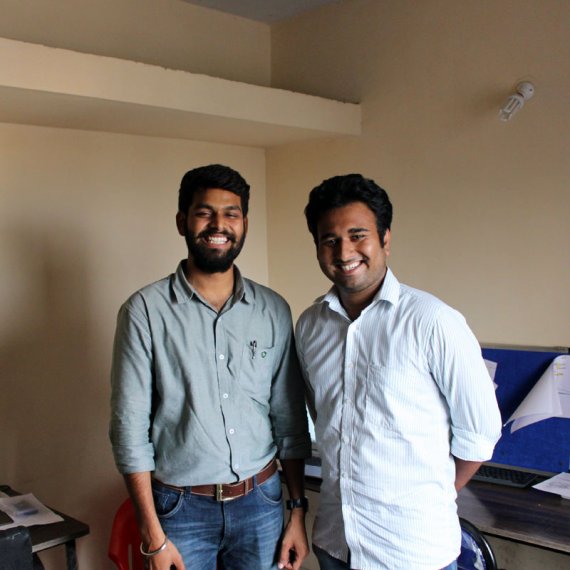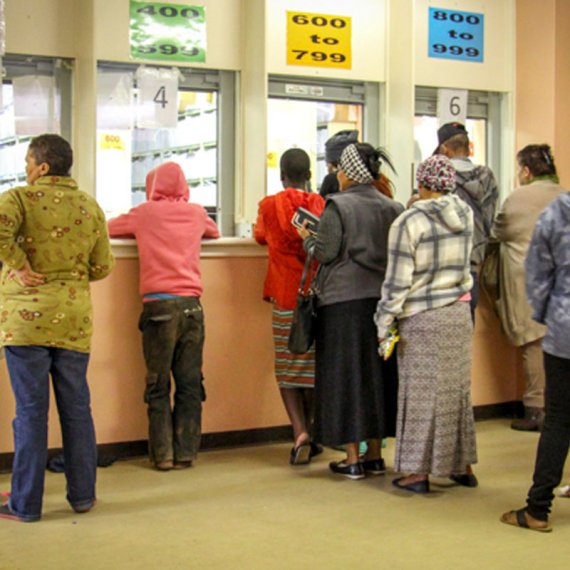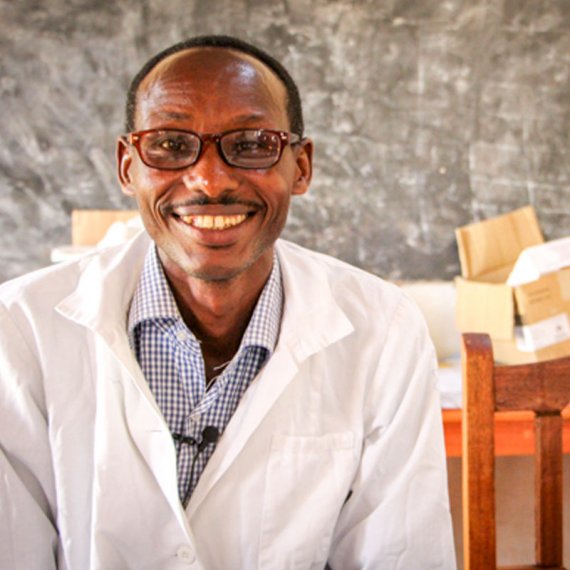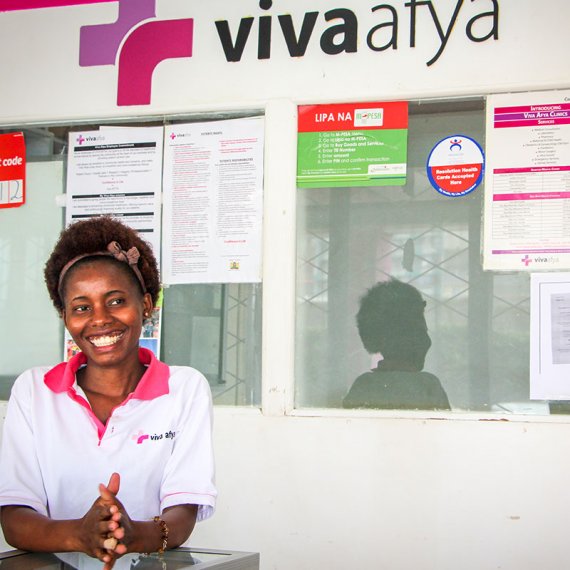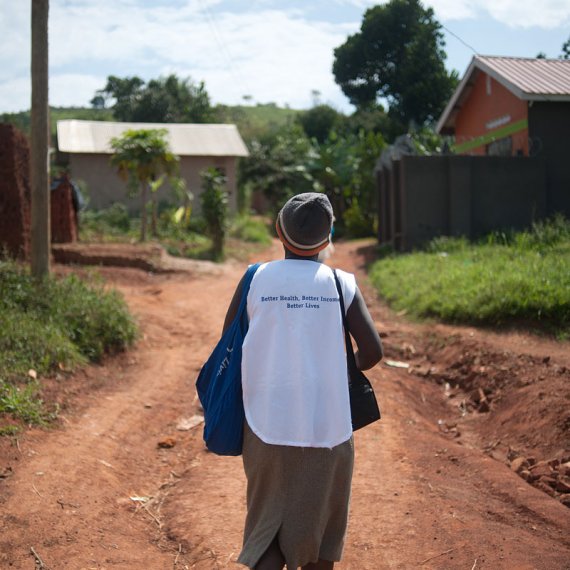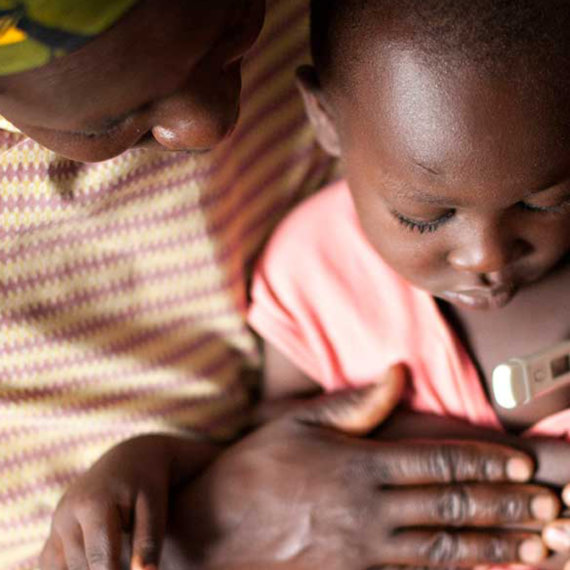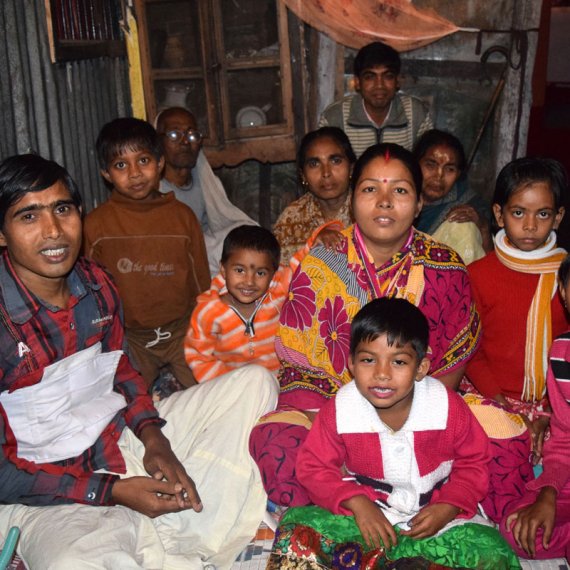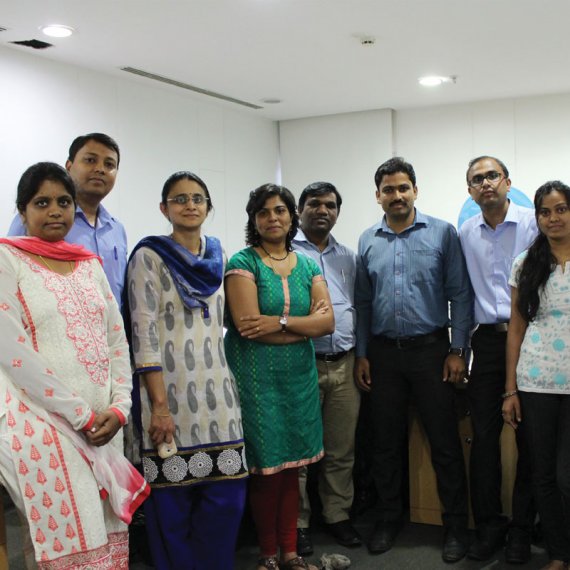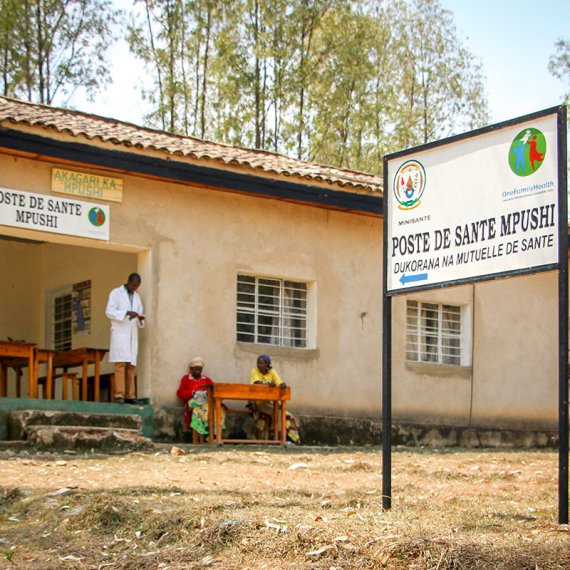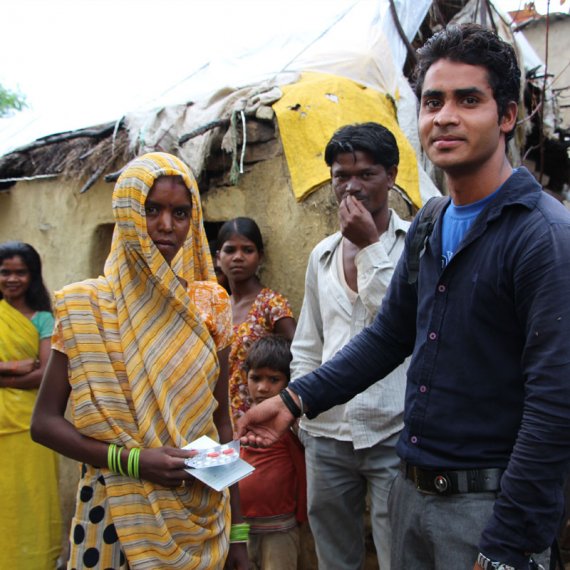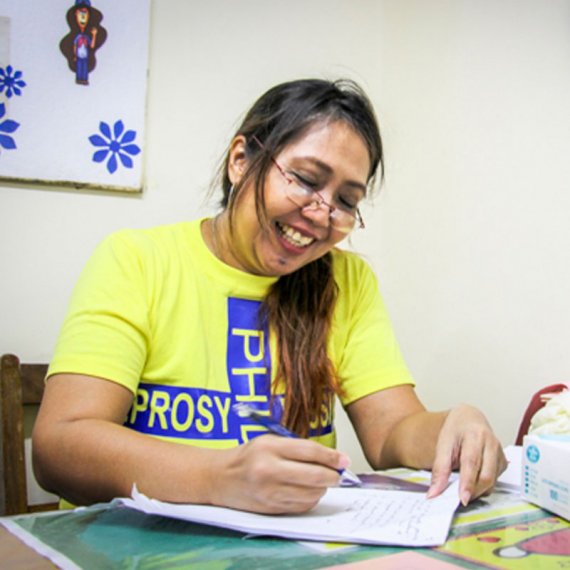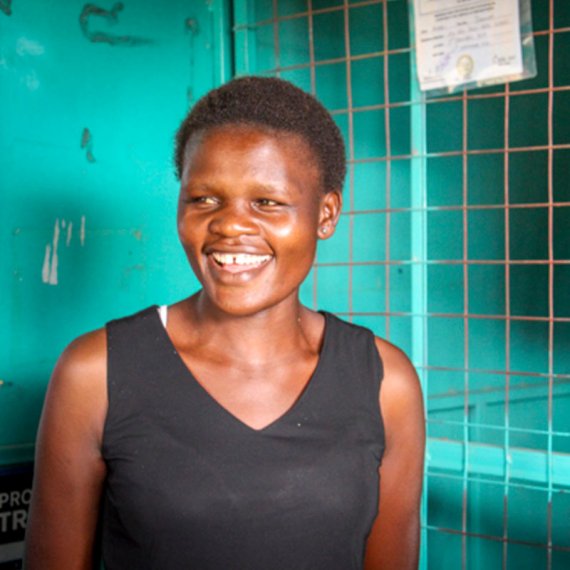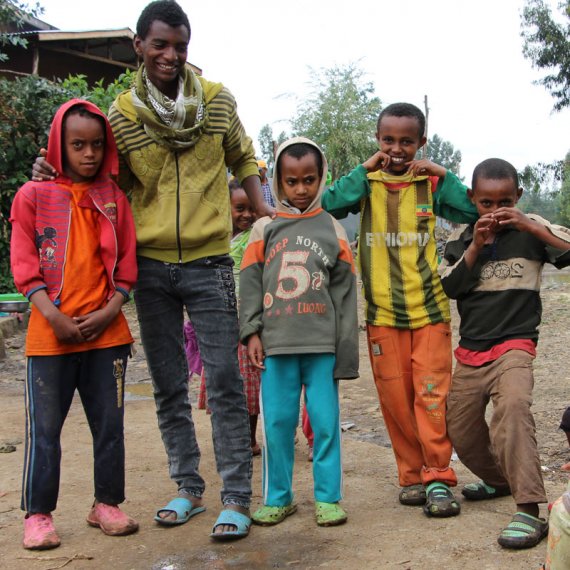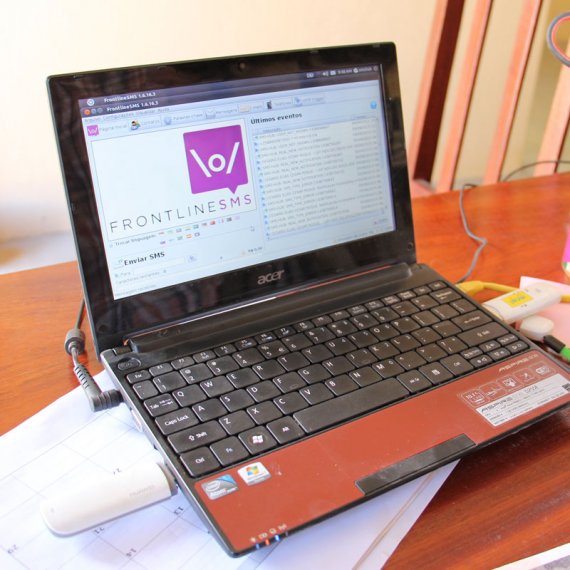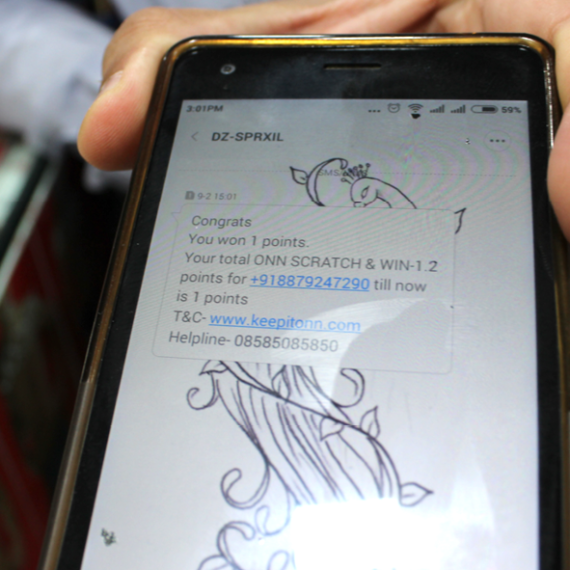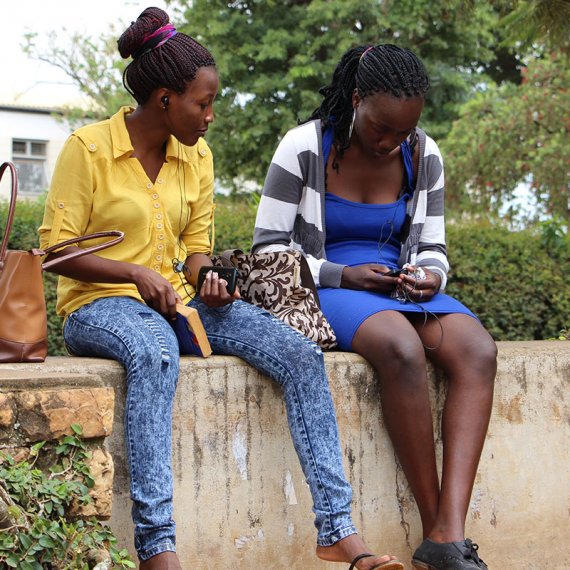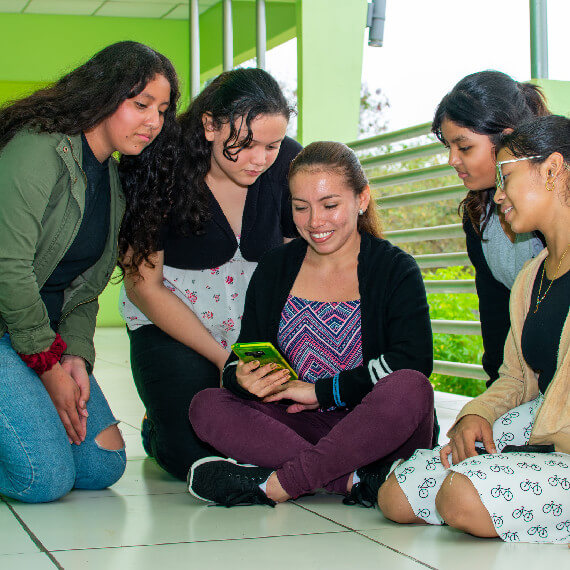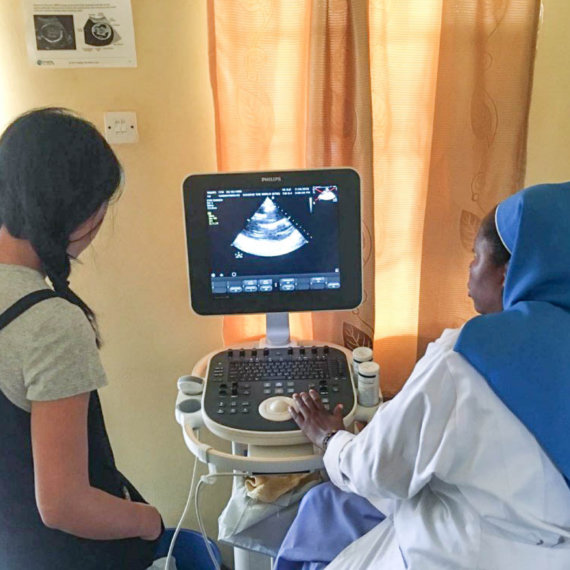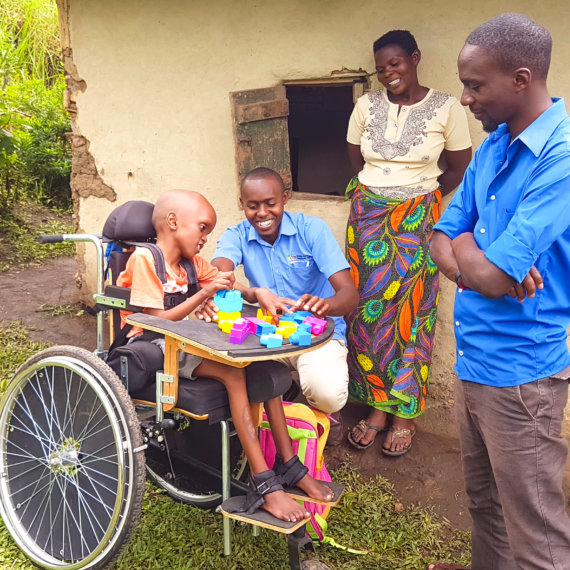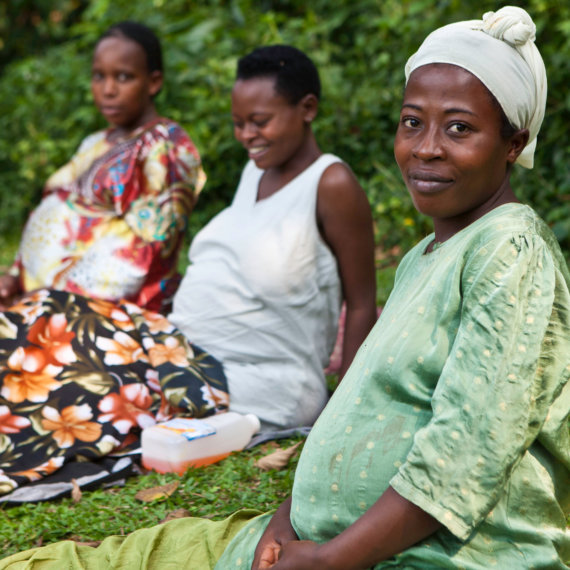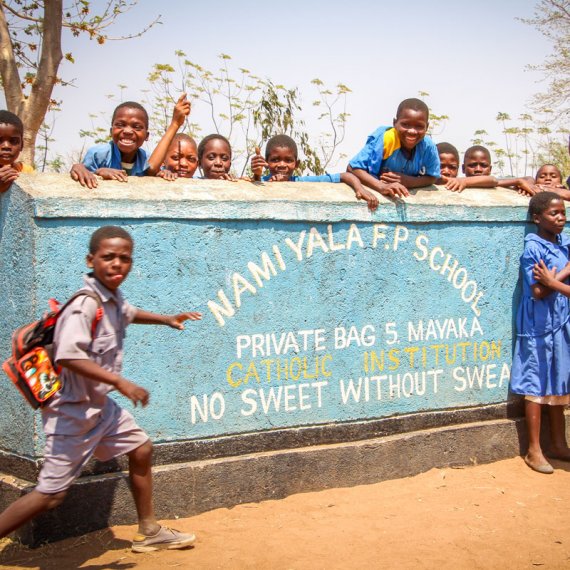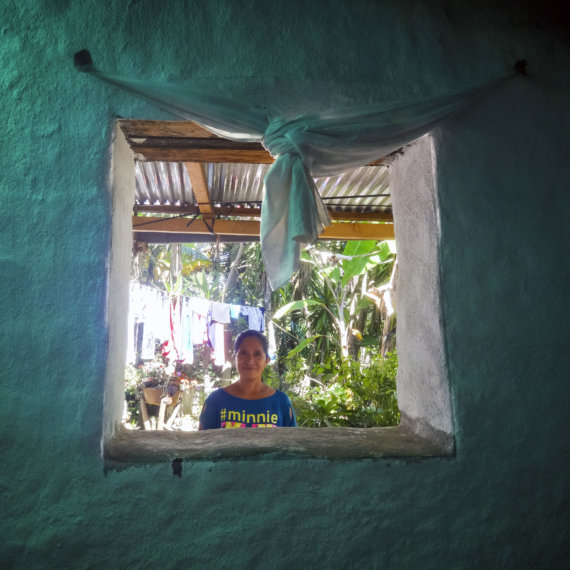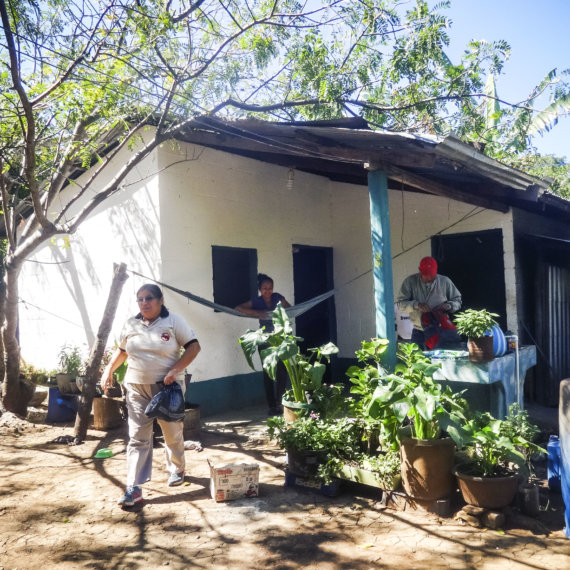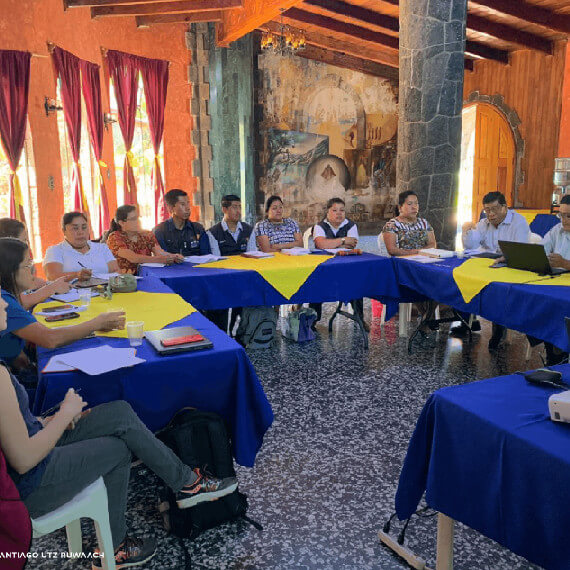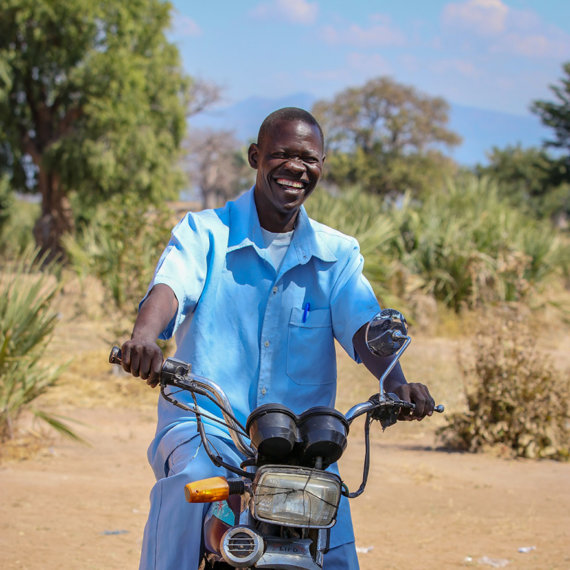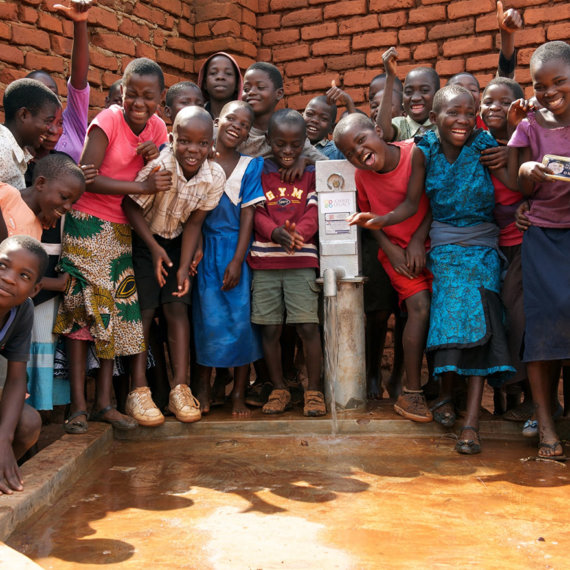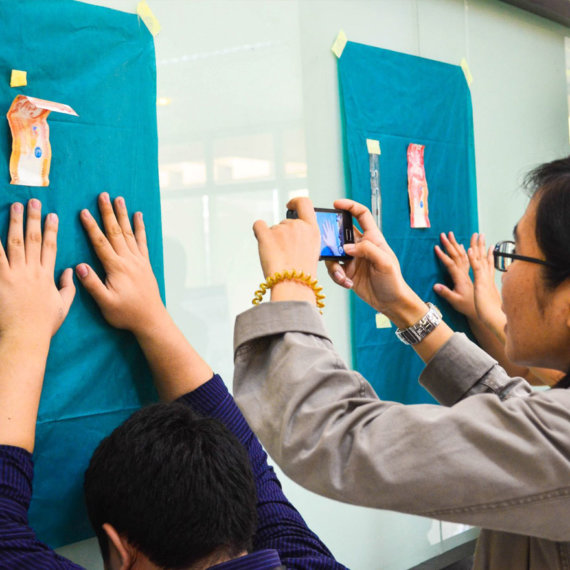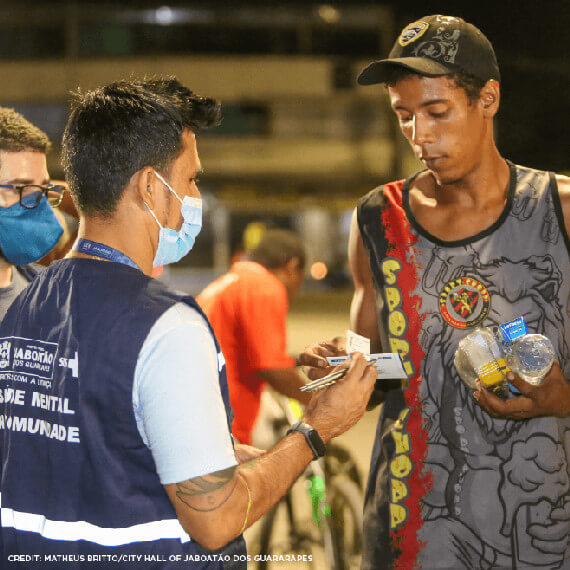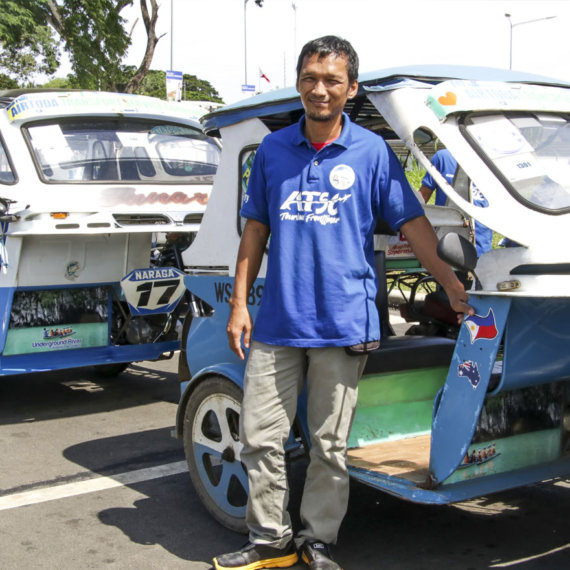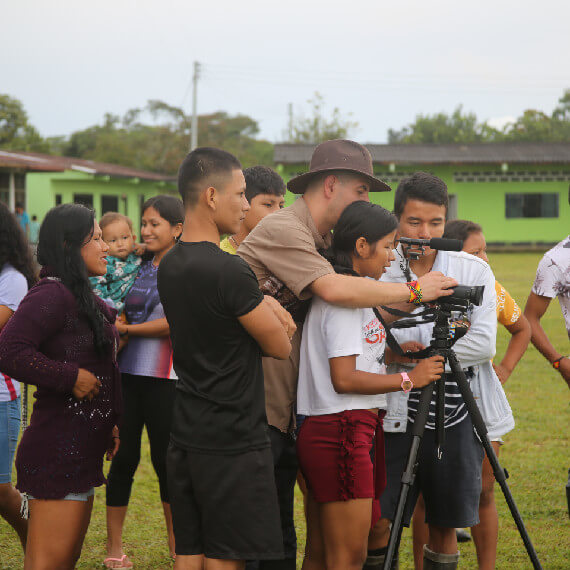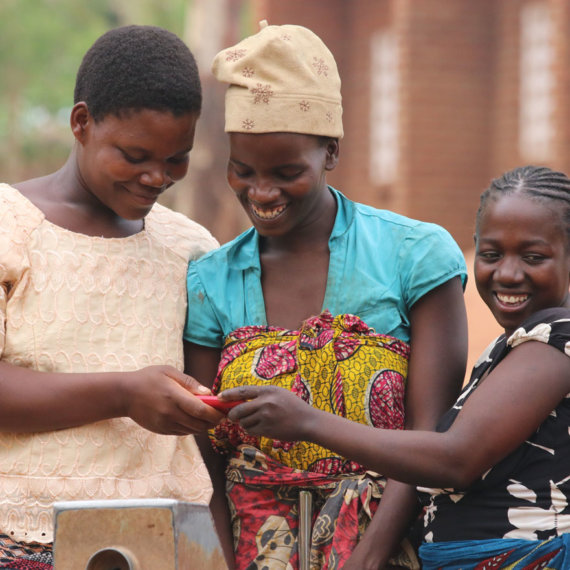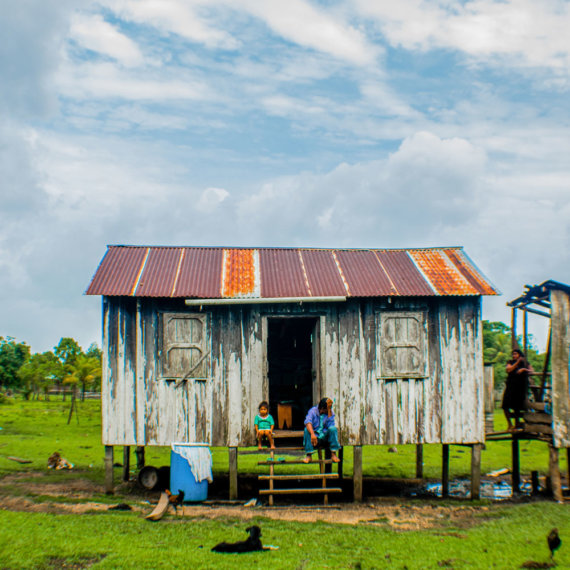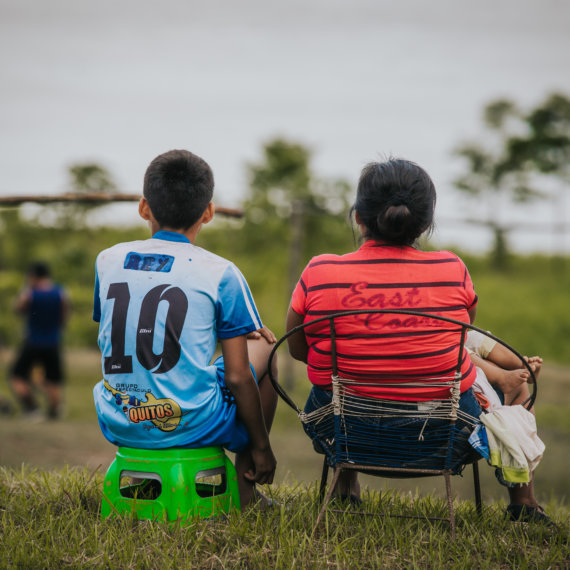LIFENET INTERNATIONAL
A relational franchise network providing medical and management training to faith-based health centres to improve the quality of care provided to low-income patients in rural and urban areas in Burundi.
CONTINENT
Africa

Country
Burundi
Organizational structure
Nongovernmental organization
Health focus
Primary health care, Maternal and child health, Malaria
Areas of interest
Franchising, Private providers
Health system focus
Service delivery
CHALLENGES
LifeNet International (LifeNet) is a nongovernmental organization aiming to improve the quality of care provided to low-income patients in rural and urban areas in Burundi. All health centres in Burundi are mandated by the national Ministry of Health to deliver a basic package of prevention and curative services, but 45% of these are unable to do so due to shortages in human resources, infrastructure, equipment or medication (Chi et al., 2015). The result of poor quality of basic service provision is reflected in a maternal mortality rate of 740 per 100 000 live births and an under-five mortality rate of 83 per 1 000 live births in 2013 (World Health Organization, 2015). Whilst many donors and nongovernmental organizations have focused on establishing new health centres, LifeNet has chosen instead to define a target population of existing faith-based health centres with which to partner.
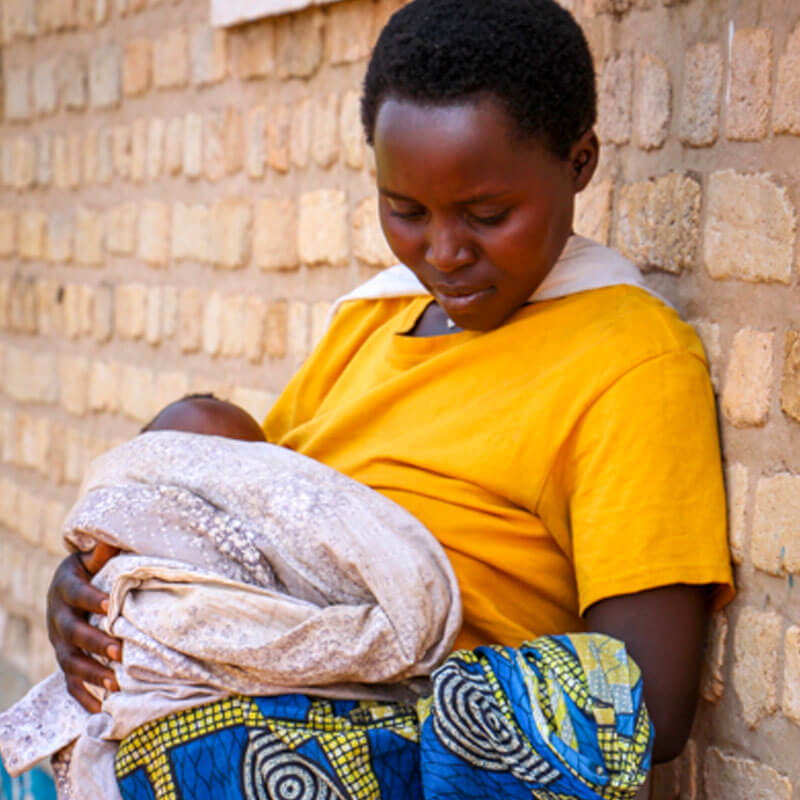
“The three nurses [we asked] came up with three different treatments, three different doses, all fatal. Other alarming instances would include lack of hand washing between patients, the nurses who are delivering babies did not know CPR, amongst others.”
– Gloria Havyarimana, Burundi Country Director, LifeNet
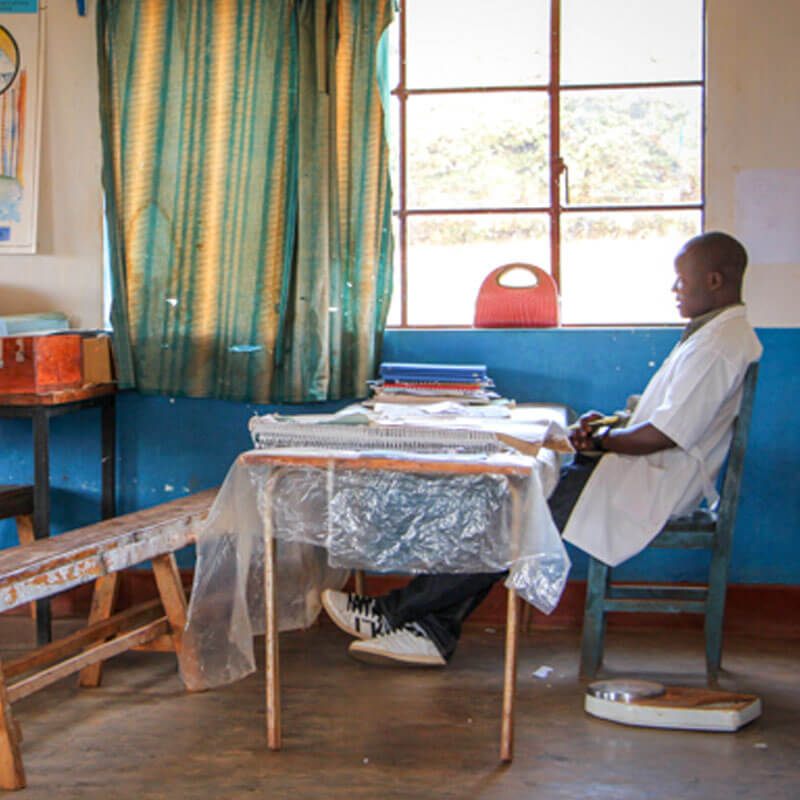
INTERVENTION
LifeNet operates as a relational franchise network providing medical and management training to these faith-based health centres. The medical curriculum comprises four modules, which cover the basics of health care safety for providers, issues regarding maternal and neonatal survival, and the management of common conditions experienced by children under the age of five. The three-part management curriculum focuses on sharing best practice principles, including professional ethics, financial management and pharmacy management (including logistics and human resources management). From 2012 to the first quarter of 2015, over 1.7 million patient visits have occurred throughout the network and over 300 hours of training are delivered per month. Prior to the delivery of every training module, staff members at the health centre are evaluated to establish their pre-existing knowledge of the topic.
“What I like in LifeNet, we are elevating the knowledge level of nurses. Nurses who were not able to do something, LifeNet teaches them to do something and they do it very well and will save lives.”
– LifeNet nurse trainer
Data from the first quarter of 2015 shows a 34% and 21% increase in knowledge of basic health sanitation and safety, and care for new-borns, respectively. There was also a 29% and 42% increase in knowledge on financial management, and logistics and maintenance respectively.
LifeNet supports its franchise partners to achieve financial sustainability, offers long-term mentoring, and provides ongoing evaluation of the quality of care. The franchise network is comprised 57 health centres across Burundi. A pilot model is currently being implemented in Uganda.
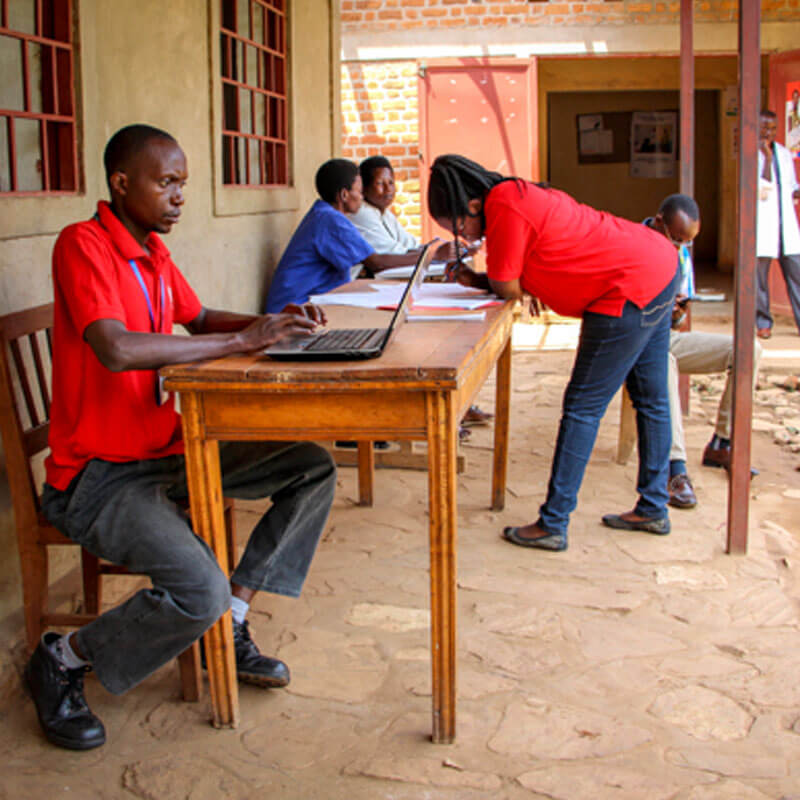
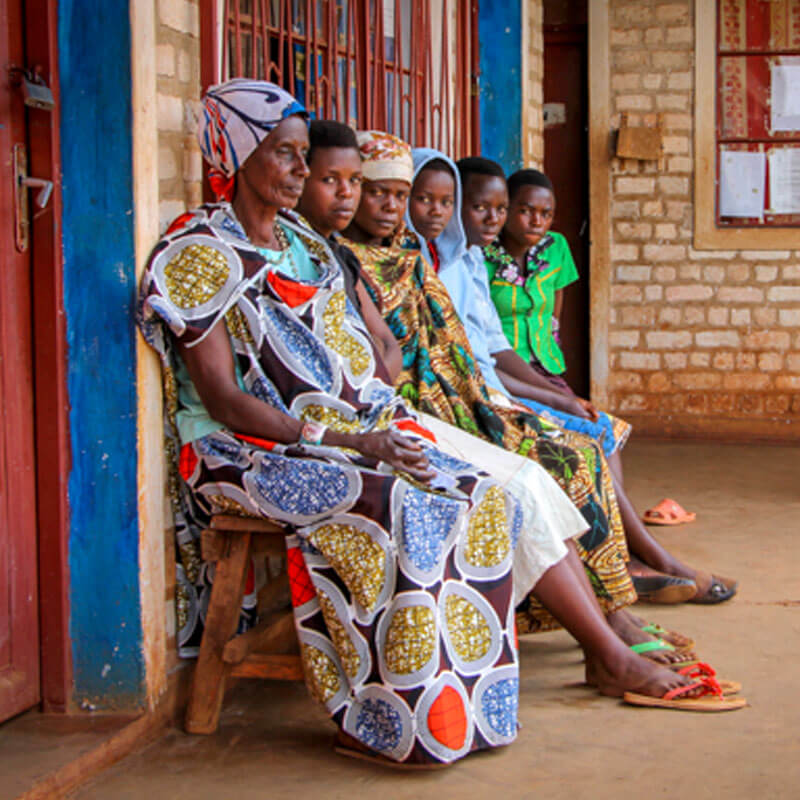
CASE INSIGHTS
The faith-based health sector has a long history of delivering health services in developing countries. The LifeNet case study illustrates that there is a valuable opportunity to partner with such facilities in order to strengthen the quality of services delivered. Strengthening the capacity of existing health facilities, whether faith-based or private, is an important priority that should not be neglected alongside efforts to increase the number of new health facilities in a country. LifeNet demonstrates the use of social franchising as a mechanism to encourage the active engagement of all health facilities within a network in order to improve standards and enhance skillsets. In addition to strengthening clinical skills, training that includes management and financial skills is beneficial to primary health care workers, especially nurses, who work in settings with changing demands and limited external support.
“Yes, it works well because when LifeNet just gives us training, we improve our knowledge. And this knowledge brings us to accommodate many patients. And good service pushes even more people to confidently use health facilities. It is thanks to LifeNet that we got the dentistry training. LifeNet also gave us materials and now patients in this locality, they [used to use] the Ntare Health Centre, 14 km away, for tooth extraction, but now they come to us.”
– LifeNet partner nurse (Translated from French)

